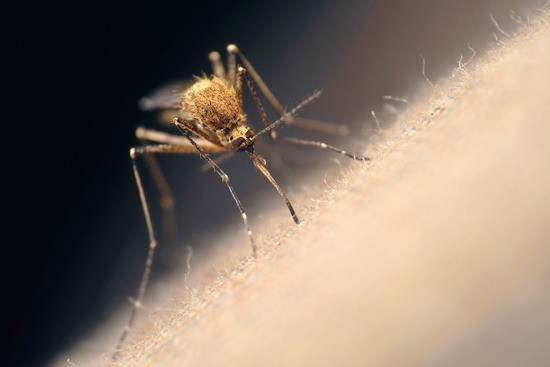The following was written by Jeff Duchin for Public Health Insider:
Zika virus is transmitted through the bite of infected mosquitoes and typically causes a mild or even unapparent illness. The most common symptoms of Zika virus disease are fever, rash, joint pain, or conjunctivitis (red eyes). Symptoms typically begin two to seven days after being bitten by an infected mosquito. There is no vaccine to prevent infection or medicine to treat Zika.
Many people do not realize they have been infected. Zika infection is primarily a concern for pregnant women because it can cause infections that result in the baby having a serious problem called microcephaly, an abnormally small brain and skull, and other poor pregnancy outcomes.
Zika outbreaks are occurring in Brazil and Pacific Islands, and Zika is also active in other countries in the Americas. There is no current Zika transmission in the United States.
CDC has issued a travel alert advising special precautions for people, especially pregnant women, traveling to countries where Zika virus transmission is ongoing: Brazil, Colombia, El Salvador, French Guiana, Guatemala, Haiti, Honduras, Martinique, Mexico, Panama, Paraguay, Suriname, Venezuela, and Puerto Rico.
Until more is known, and out of an abundance of caution, CDC recommends special precautions for pregnant women and women trying to become pregnant:
- Pregnant women in any trimester should consider postponing travel to the areas where Zika virus transmission is ongoing. Pregnant women who do travel to one of these areas should talk to their doctor or other healthcare provider first and strictly follow steps to avoid mosquito bites during the trip.
- Women trying to become pregnant should consult with their healthcare provider before traveling to these areas and strictly follow steps to prevent mosquito bites during the trip.
- Women who are pregnant should see theirhealthcare provider if they develop a fever, rash, joint pain, or red eyes within two weeks after traveling to a country where Zika virus cases have been reported. Pregnant women should be sure to tell their health care provider where they traveled.
Specific areas where Zika virus transmission is ongoing are difficult to determine and likely to change over time, and CDC will update travel advice as information becomes available. Check the CDC travel website frequently for the most up-to-date recommendations.
We’ve answered some questions you may have about Zika virus and how to protect yourself from it.
How can I protect myself from Zika infection?
Travelers are strongly urged to protect themselves by preventing mosquito bites:
- Wear long-sleeved shirts and long pants.
- Use EPA-registered insect repellents containing DEET, picaridin, oil of lemon eucalyptus (OLE), or IR3535. Always use as directed. Insect repellents containing DEET, picaridin, and IR3535 are safe for pregnant and nursing women and children older than two months when used according to the product label. Oil of lemon eucalyptus products should not be used on children under three years of age.
- Use permethrin-treated clothing and gear (such as boots, pants, socks, and tents).
- Stay and sleep in screened-in or air-conditioned rooms.
Is it safe to use an insect repellent if I am pregnant or nursing?
Yes! Using an insect repellent is safe and effective. Pregnant women and women who are breastfeeding can and should choose an EPA-registered insect repellent and use it according to the product label.
If a woman who is not pregnant is bitten by a mosquito and infected with Zika virus, will her future pregnancies be at risk?
We do not know the risk to the baby if a woman is infected with Zika virus while she is pregnant. However, Zika virus infection does not pose a risk of birth defects for future pregnancies. Zika virus usually remains in the blood of an infected person for only a few days to a week. The virus will not cause infections in a baby that is conceived after the virus is cleared from the blood. Out of an abundance of precaution, a woman could consider waiting two weeks after she returns from a place with ongoing to transmission to become pregnant. This will allow enough time for her body to clear the virus in the event that she was infected.
What should I do if I have Zika?
Treat the symptoms:
- Get plenty of rest
- Drink fluids to prevent dehydration
- Take medicines such as acetaminophen or paracetamol to reduce fever and pain
- Do not take aspirin or other non-steroidal anti-inflammatory drugs
For more information about Zika virus including information about Zika in pregnancy, see: http://www.cdc.gov/zika/index.html.


